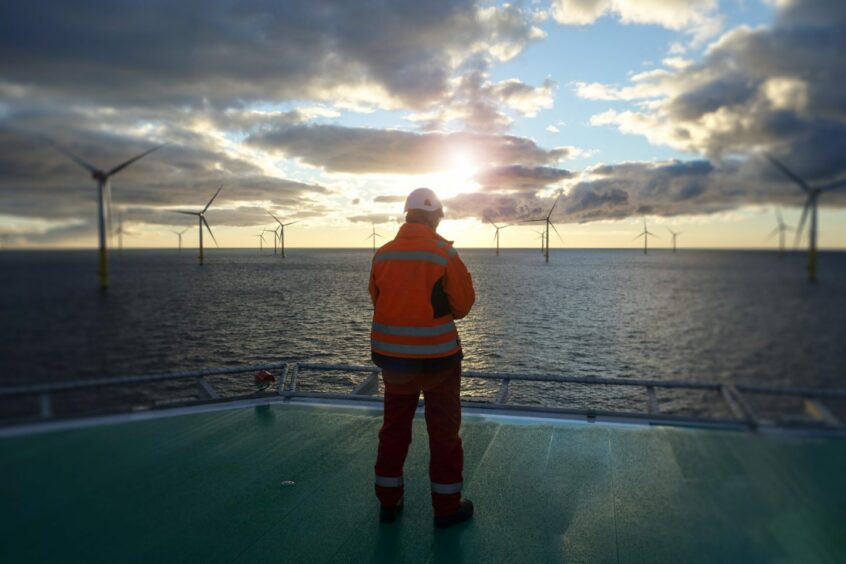
It’s an exciting time for the UK energy industry. Investment in major infrastructure projects is spiralling as companies across the sector diversify in support of the country’s net zero ambitions.
But while high commodity prices are providing traditional E&P companies the capital to reinvest in developing new low-carbon energy, the shortage of skilled workers is threatening to derail projects vital to the creation of our emerging integrated energy industry.
Significant commitments have been made to the development of CCS and hydrogen production facilities in Peterhead, Teeside and the Humber region, with the ScotWind licensing round and INTOG leasing rounds presenting opportunities to scale-up offshore wind capacity too.
There can be little doubt that the creation of a new integrated energy industry with oil and gas, on and offshore wind, CCS and hydrogen development is well underway.
But it’s also clear that the skills shortage demands that we support our people in developing their skills needed to work across all sectors of our burgeoning integrated energy industry. Failing to invest in our people – and attract the next generation of offshore workers – could have a significant impact on the ability of industry to deliver on its commitments.
The People & Skills Strategy developed and launched as part of the industry’s response to the North Sea Transition Deal is a welcome roadmap, but requires collective buy in. And with more than 211,000 offshore workers required by 2030, the opportunity for industry in getting it right is clear.
Collaboration will be key, and for AGR’s part we’ve adopted a two-pronged approach – supporting the existing workforce to develop skills most sought after within industry and working to increase the flow of new talent entering the sector.
We’ve been working with clients across industry to identify gaps and transitions necessary to strengthen the UK supply chain and deliver a more sustainable sector.
Demand for skilled workers is increasing, but in the race for talent the importance of competency and assessment becomes more critical than ever in ensuring the safety of operations, as a result of which we, like our clients, have been forced to evolve our business to support the needs of the industry.
And there are already early signs of success.
Our new training division, established to develop skills sought after by our clients, has developed several bespoke training programs, such as the Trainee ROV program, which has had an overwhelming response globally and has seen every attending candidate go on to support client operations upon completion.
These training and technical programmes are a way of collaborating with industry to transition skill sets, and we’re now supporting the development of electricians and blade techs to meet market demand, too.
But it is vital that we look to the future in attracting new talent to the industry, which is why we’re establishing partnerships with universities and increasingly targeting those leaving the military and other sectors with transferrable skills.
Offering targeted training programmes and attracting new talent will be key to the development of new projects which are key to our collective net zero ambitions, but simplifying the offshore working requirements will represent a huge step forward too.
That’s why alignment of offshore safety and technical standards being progressed on behalf of industry will be a welcome boost to many who have the skills and capability to work across multiple sectors of our energy industry to contribute more broadly to the transition.
At every stage collaboration is key, and we must continue to pull together to realise the potential of the energy transition for our industry and our workforce.
Stuart Hunteris chief executive of energy specialist recruitment company Advance Global Recruitment.
Recommended for you

 © Supplied by Advance Global Recru
© Supplied by Advance Global Recru